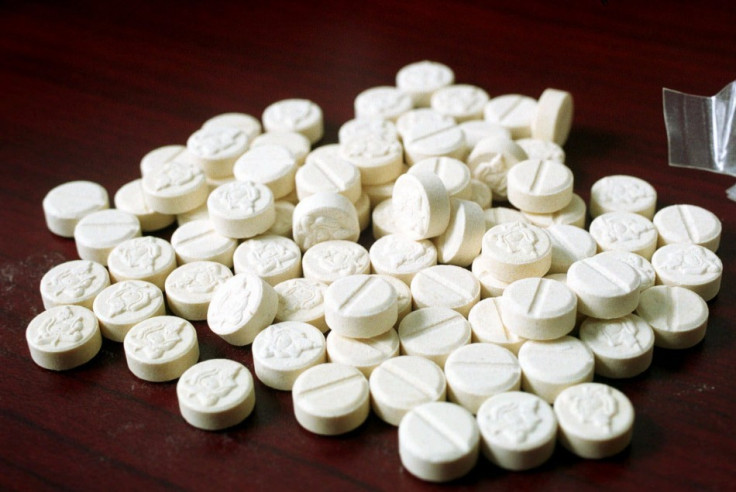Speed and Ecstasy Use Linked to Teen Depression

Speed and ecstasy use by secondary school pupils increases their risk of depression up to 70 percent, researchers concluded.
Scientists at the University of Montreal surveyed nearly 4,000 secondary school pupils to determine potential long-term damage caused by the two drugs that have spread from the clubbing scene into schools.
Students who used either drug were between 60 and 70 percent more likely to exhibit heightened symptoms of depression, according to the study published Wednesday in the online edition of the Journal of Epidemiology and Community Health.
"Our results provide, to the best of our knowledge, the first compelling evidence that recreational [ecstasy] and [speed] use places developing secondary school students at greater risk of experiencing depressive symptoms," the researchers wrote in a statement.
The authors tracked the mental health of 3,880 teenagers from economically-deprived areas across the Quebec province between 2003 and 2008, and quizzed the teens on drug use.
Speed (meth/amphetamine) use was more common than ecstasy (MDMA). Of the teen sample, 11.6 percent (451) admitted using speed; 8 percent (310) admitted taking ecstasy; 6.7 percent said they had used both drugs.
Teenagers who used both speed and ecstasy were twice as likely to have depressive symptoms as those surveyed who used neither drug.
The authors claimed this pointed toward "additive or synergistic adverse effects of concurrent use".
The drug use contribution to depression was "relatively modest", the authors said, but they cautioned that even a modest contribution could have "significant clinical implications from a population health perspective".
Further research should be undertaken, the authors said, to examine the contribution of neurological damage to depressive symptoms in susceptible adolescent brains.
Speed, or amphetamine, is a widely used drug in the clubbing and rave scene. The drug makes people more awake, overactive and chatty. The speed high is generally followed by a long comedown that can strain the user's heart. The drug can also lead to anxiety, aggression and paranoia, experts said.
The popular drug ecstasy makes users feel energetic and happy, allows them to stay up partying into the early hours. Its use has been linked to liver, kidney and heart problems, while its comedown often leads users to feel lethargic or depressed.
© Copyright IBTimes 2025. All rights reserved.





















